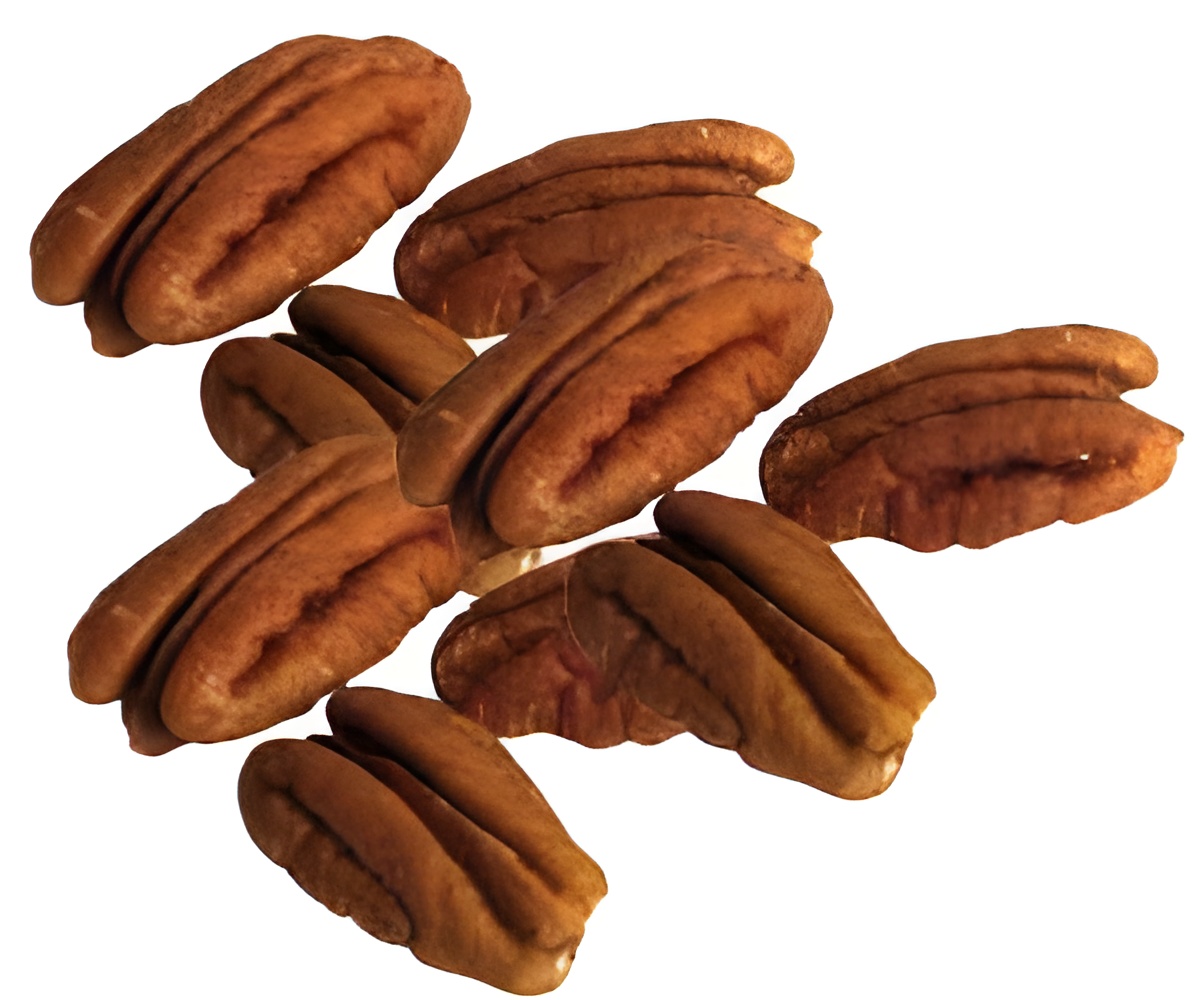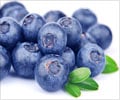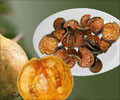Naturally occurring antioxidants in pecans may help contribute to heart health and disease prevention, according to a new study from Loma Linda University (LLU).

The nuts are especially rich in one form of vitamin E called gamma-tocopherols. he study demonstrated that after eating pecans, gamma-tocopherol levels in the body doubled and unhealthy oxidation of LDL (bad) cholesterol in the blood decreased by as much as 33 percent.
Oxidized LDLs may further contribute to inflammation in the arteries and place people at greater risk of cardiovascular problems.
"Our tests show that eating pecans increases the amount of healthy antioxidants in the body," said Ella Haddad, associate professor in the School of Public Health department of nutrition, LLU.
"This protective effect is important in helping to prevent development of various diseases such as cancer and heart disease," she said.
Haddad analyzed biomarkers in blood and urine samples from study participants (a total of 16 men and women between the ages 23 and 44) who ate a sequence of three diets composed of whole pecans, pecans blended with water, or a control meal of equivalent nutrient composition.
Advertisement
Following the test meals composed of whole pecans and blended pecans, researchers found that amounts of gamma-tocopherols (vitamin E) in the body doubled eight hours after both meals, and oxygen radical absorbance capabilities (ORAC-a scientific method for measuring antioxidant power in the blood) increased 12 and 10 percent respectively two hours after the meals.
The study was published in the January 2011 issue of The Journal of Nutrition.
Source-ANI














